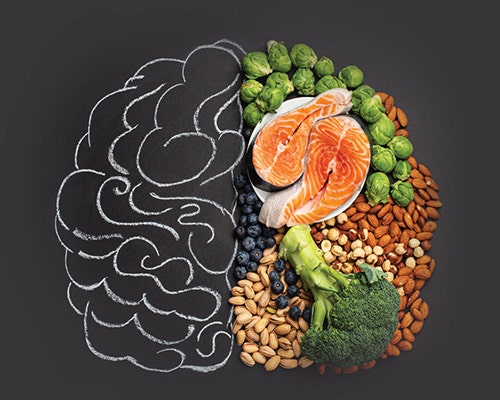Clean Nourishment for You & Your Baby
- 3/8/16
There’s so much to think about during pregnancy, including the right nutrition to give your baby the best start in life—which is where a prenatal multi can come in. The American Congress of Obstetricians and Gynecologists recommends that all women of childbearing age take a daily multivitamin supplement containing folic acid (preferably folate, which occurs naturally in food) to reduce the risk of neural tube defects should pregnancy occur. They also suggest that all pregnant women take a prenatal multivitamin.
The dietary recommended intake for folate is 400 micrograms per day before pregnancy, 600 micrograms per day during pregnancy and 500 micrograms per day while breastfeeding.
The truth is that pregnancy and breastfeeding are the most nutritionally demanding times of a woman’s life. The body needs enough nutrients daily to support the growth of the baby and to support the maintenance of the mother’s body. During pregnancy, the mother’s blood volume increases, more red blood cells are needed to carry oxygen, and greater plasma volume is needed to cope with the large increases in blood flow to organs. A healthy woman carrying a normal-sized fetus, with an average birth weight of approximately seven pounds will increase her plasma volume by an average of about 50 percent—three extra pints!
In addition to folate, getting enough iron along with vitamins B6 and B-12 are important to support the increased production of healthy red blood cells and increased blood volume. Iron reduces the risk of pre-term and low-birthweight babies, and helps to avoid anemia, which is common in pregnancy and linked to fatigue.
Additionally, the National Institutes of Mental Health concludes that it’s vital that the mother get enough vitamin D while pregnant in order for the baby’s brain to develop properly, while some leading medical experts believe that one of the most important changes that could radically reduce autism is making sure all pregnant women’s vitamin D levels are normalized to 50-60 ng/ml because they believe there may be a link between rampant vitamin D deficiency and soaring rates of autism.
Likewise, a study by the Environmental Working Group concluded that babies are exposed to more than 200 harmful chemicals before they’re even born. So, pregnancy is also the time to go organic. Make sure you and your baby get what you need before, during and after pregnancy—a diet of wholesome organic foods and a Certified USDA Organic prenatal multi.
This information is intended for educational and informational purposes only. It should not be used in place of an individual consultation or examination or replace the advice of your health care professional and should not be relied upon to determine diagnosis or course of treatment.




